New Delhi, October 4:
India has issued a sharp rebuttal to Bangladesh’s accusations of external interference in recent violence in the Chittagong Hill Tracts (CHT), particularly the Khagrachhari district clashes that left multiple casualties. The Ministry of External Affairs (MEA) dismissed Dhaka’s claims as “misdirected blame” and instead urged the interim administration in Bangladesh to safeguard minorities, probe extremist elements, and enforce law and order.
The unusually stern tone reflects New Delhi’s dwindling patience for being drawn into Bangladesh’s internal crises at a time when both countries face sensitive regional optics and heightened scrutiny over minority rights.
The Incident in Khagrachhari
Clashes in Khagrachhari district have once again highlighted the volatile dynamics of the Chittagong Hill Tracts, an area with a history of ethnic tensions, land disputes, and insurgent activity. Reports suggest that land-grab attempts by extremist groups triggered violence against minority communities, leaving residents vulnerable.
Dhaka’s interim administration accused “external influences” of fuelling unrest, a veiled reference to India. New Delhi swiftly rejected this, stating that the failure to protect minorities lay squarely with Bangladeshi authorities.
India’s Response
The MEA’s official statement underscored three points:
- Accountability: Bangladesh must ensure protection for its minorities.
- Extremism: Authorities should investigate local groups suspected of orchestrating land grabs and violence.
- Regional Stability: Cooperation, not accusations, is vital for maintaining peace along the shared border.
A senior Indian diplomat, speaking on background, said:
“India has no interest in destabilizing Bangladesh. Our priority is regional peace and minority safety. Shifting blame only delays justice for those suffering.”
Bangladesh’s Position
Bangladesh’s interim government, facing political turbulence at home, has struggled to stabilize restive districts. Officials alleged that external actors sought to exploit ethnic divides in the CHT, indirectly pointing fingers at India.
However, analysts argue that Dhaka’s accusations are aimed at deflecting criticism over its inability to control extremist elements and protect vulnerable communities.
Historical Context of the Chittagong Hill Tracts
- Ethnic Diversity: The CHT is home to multiple indigenous groups alongside Bengali settlers.
- Insurgency Past: Armed insurgencies and counterinsurgency campaigns shaped the region until the 1997 Peace Accord.
- Land Tensions: Disputes over land ownership remain a flashpoint, often leading to violence.
- Minority Concerns: Buddhist and tribal communities have consistently reported marginalization.
The recent clashes fit into a long pattern of conflict over resources, land, and identity.
Implications for India-Bangladesh Relations
Security Cooperation
Both countries have historically collaborated on border management and counterinsurgency, especially against northeast insurgent groups. This incident threatens to erode that trust.
Diplomatic Optics
New Delhi’s rebuttal reflects a refusal to be scapegoated at a time when India is positioning itself as a regional stabilizer.
Domestic Politics
For Dhaka, the episode underscores the difficulty of governing sensitive districts amid international scrutiny of minority protections. For India, the issue intersects with its own domestic debates on religious freedom.
Regional Reactions
- Observers in South Asia noted that the episode could strain the otherwise close ties between India and Bangladesh, especially ahead of electoral cycles.
- International rights groups reiterated calls for Dhaka to ensure protection of minorities and uphold the spirit of the 1997 Accord.
- Neighboring states like Myanmar watch closely, as ethnic conflict in borderlands can ripple across boundaries.
Expert Analysis
- Security Experts: Stress that border cooperation must remain insulated from political blame games.
- Diplomats: Warn that escalating rhetoric risks undermining decades of progress in bilateral relations.
- Human Rights Advocates: Urge both governments to focus on justice for victims rather than exchanging accusations.
Looking Ahead
The key test will be whether Dhaka and New Delhi can re-center cooperation on counter-extremism, refugee flows, and minority protection. Analysts caution that prolonged tension could embolden insurgent remnants in the CHT and complicate India’s northeast security calculus.
A joint investigation or quiet backchannel talks could defuse tensions, but for now, both capitals appear entrenched in their positions.
Conclusion
The India-Bangladesh diplomatic clash over the Chittagong Hill Tracts underscores a critical truth: regional stability depends on cooperation, not confrontation. While New Delhi insists that Dhaka must take responsibility for minority safety, Bangladesh faces the dual challenge of quelling local unrest and managing international perceptions.
For the vulnerable communities of Khagrachhari, however, the debate is far from abstract—it is about survival, dignity, and the right to live free of fear.
#India #Bangladesh #MinorityRights #MEA #RegionalSecurity #SouthAsia #Diplomacy #ChittagongHillTracts




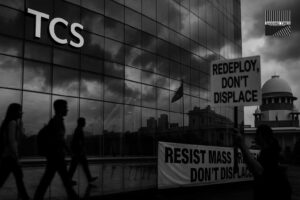


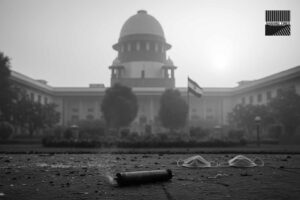



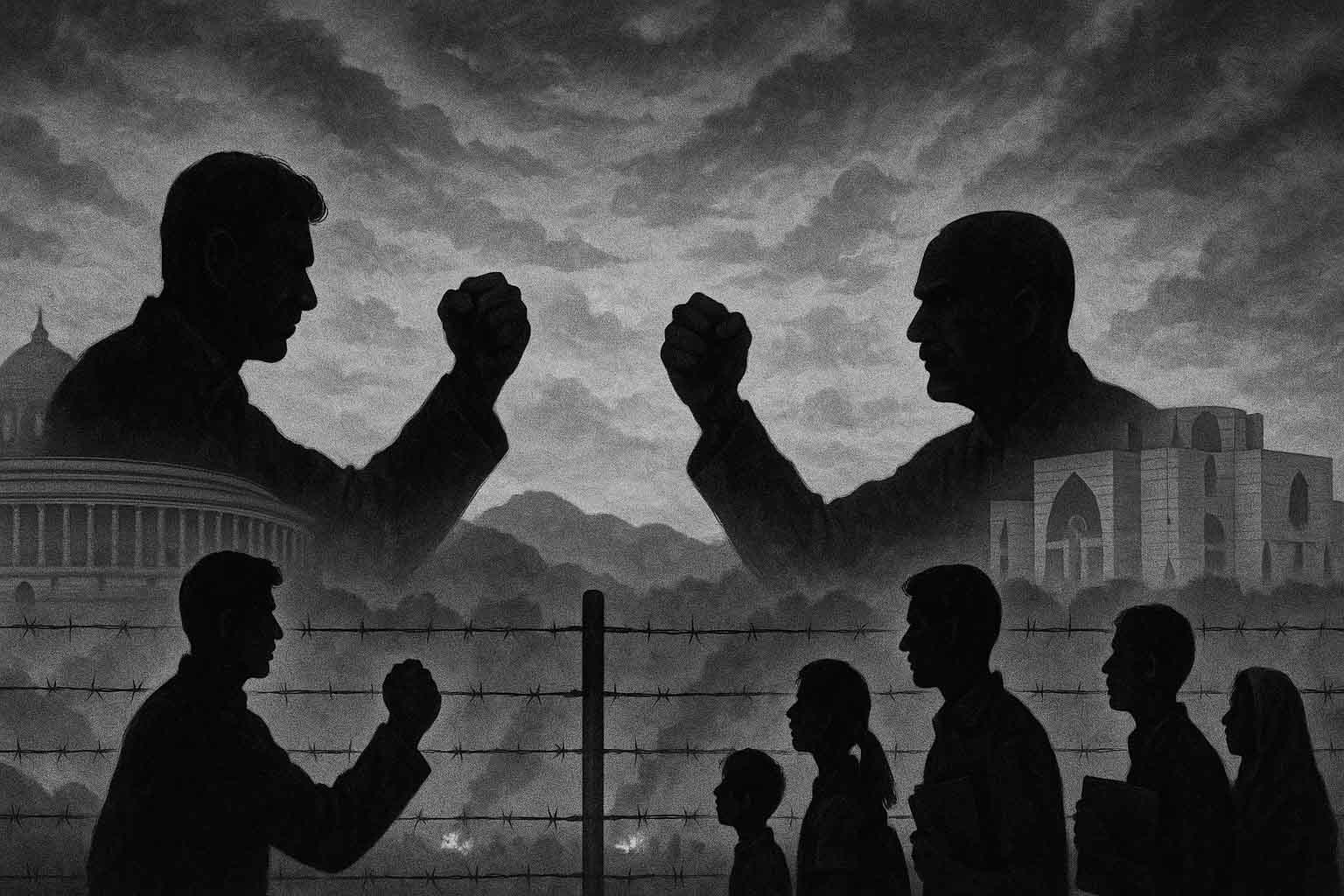
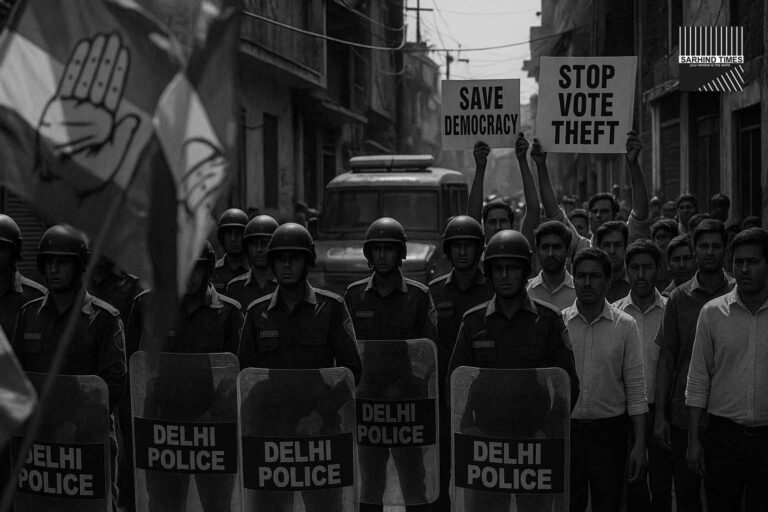
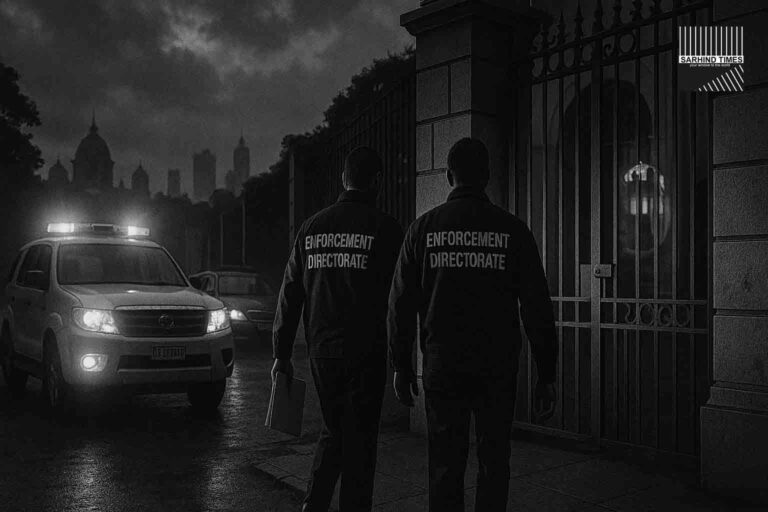

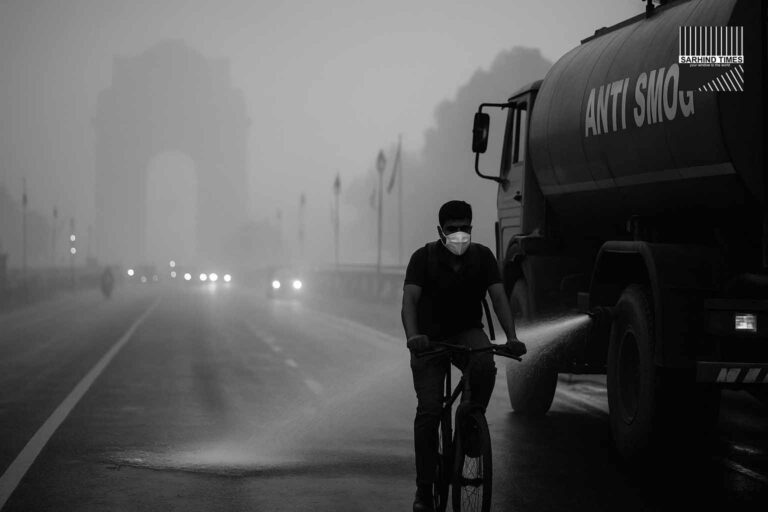
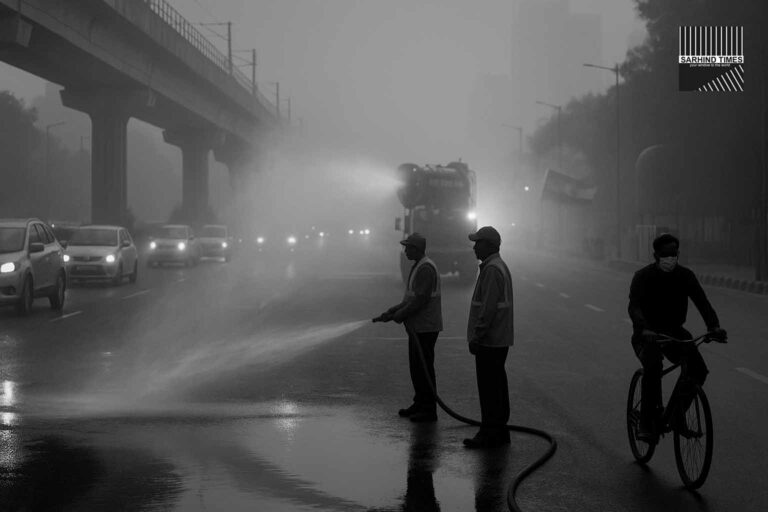




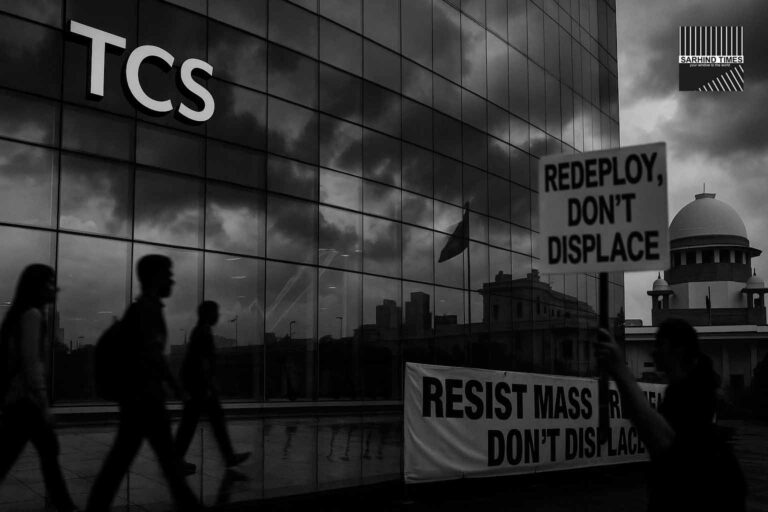
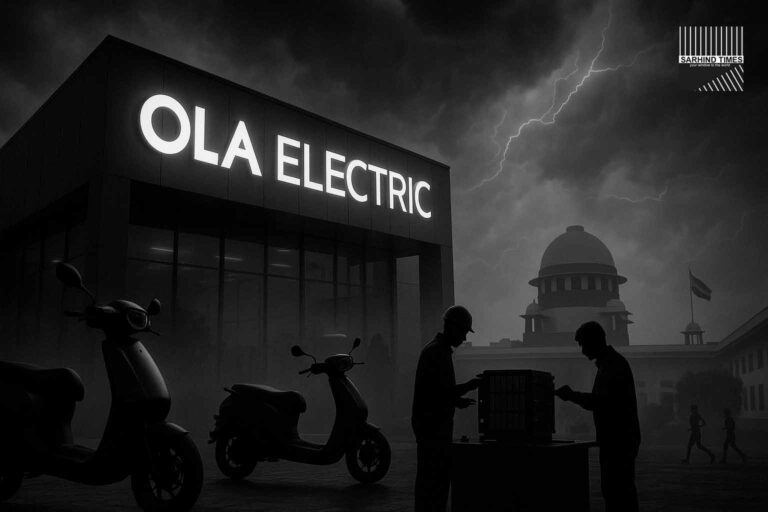
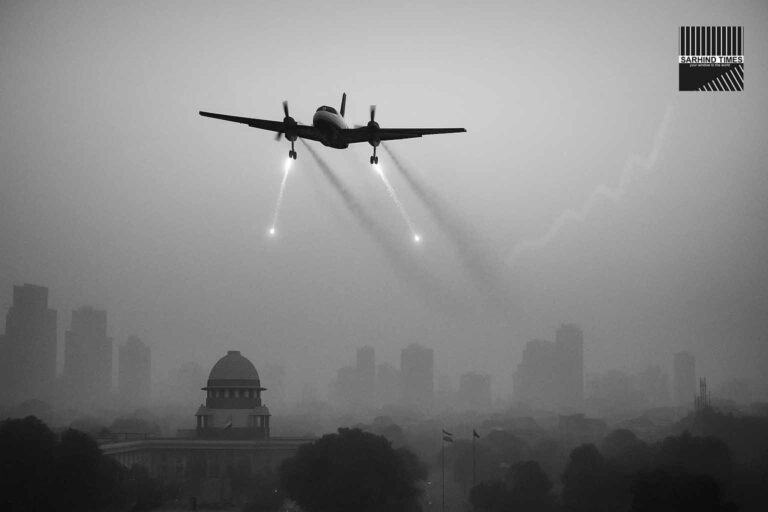
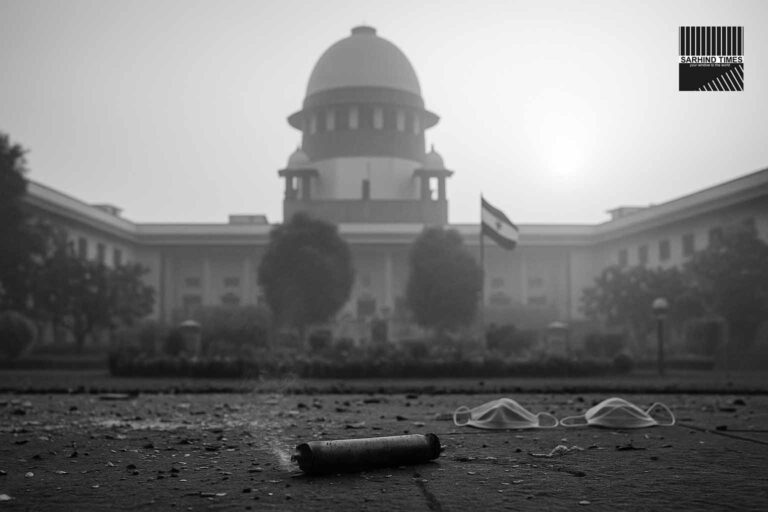
+ There are no comments
Add yours